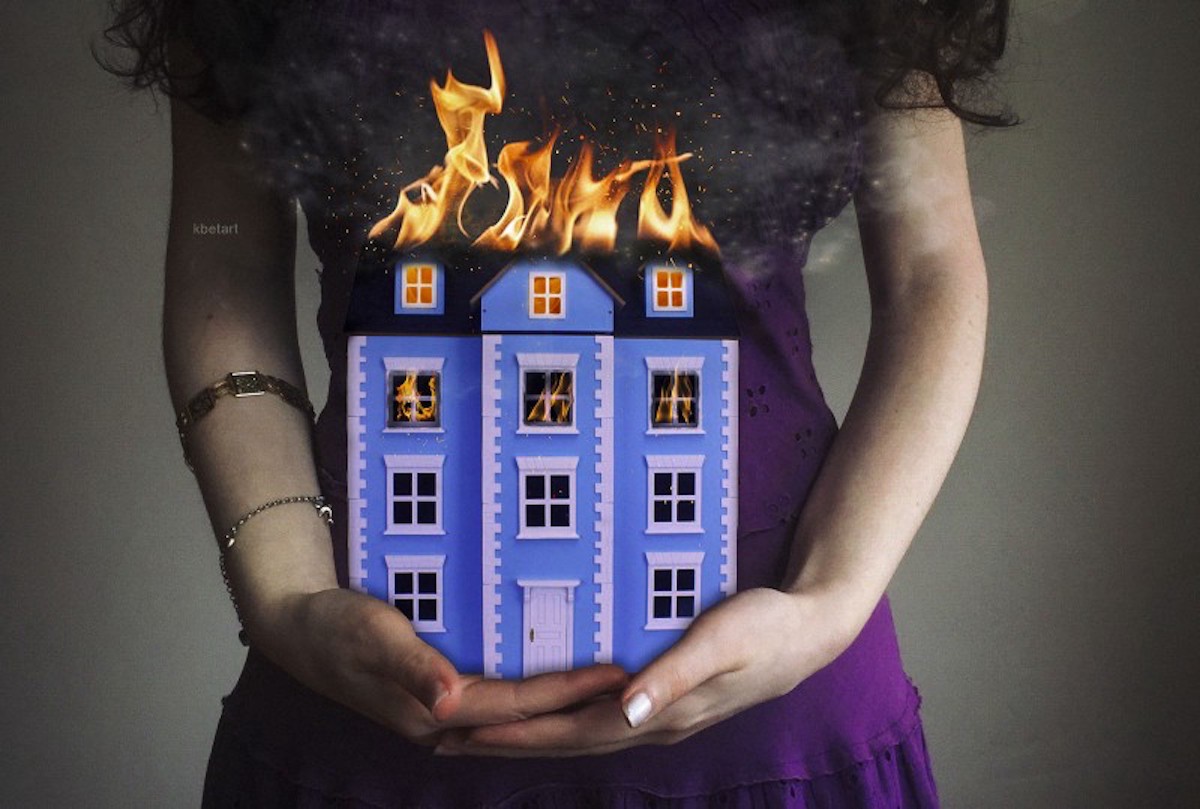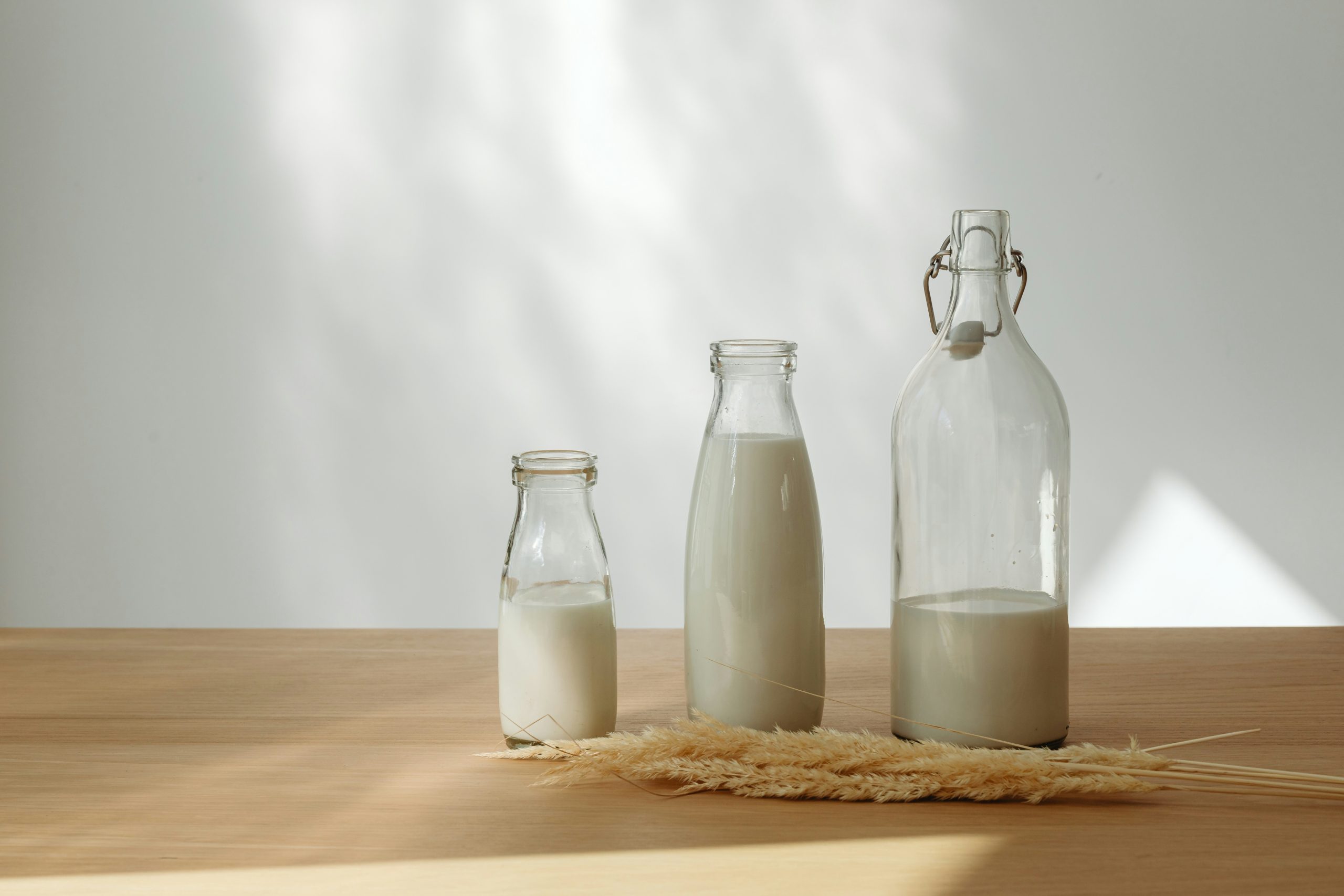interviews
A Child of Cambodian Refugees Finds Her Past Through Poetry
Sokunthary Svay’s debut collection gives voice to a generation of Cambodian Americans not yet seen in literature

Cambodian American poet Sokunthary Svay is tired of hearing about the Khmer Rouge. After concluding a yearlong review of Cambodian literature available in English, Svay found that nearly every accessible text about the country of her birth concerned either Angkor Wat, the ancient Angkorian Kingdom, the Khmer Rouge, or memoirs written by Cambodians who survived the Khmer Rouge’s genocidal purges.
In her first full-length collection of poetry, Svay explores these remarkable and complex aspects of Cambodian and Cambodian American lives. Her distinctive voice blends an identity rooted in Cambodia’s complicated past with contemporary ideas about Khmer traditions, refugees, and the trauma of exile in a way that’s original and vitally important to both the Cambodian and the American experience.

Tillman Miller: What kind of experience did you and your family have leaving Cambodia and settling in the United States?
Sokunthary Svay: I wasn’t born until after my family left Cambodia, so I was spared that experience. My parents don’t really like to talk about it, and that’s a common theme for Cambodian refugees. What bits I know are from the random times that my father has spoken about it, and I put it in my book: how they crossed through the jungle; how at one point, during monsoon season, they were stuck for three days and couldn’t walk anywhere; how when they were crossing the border into the Thai refugee camps, some people were led either by Thai pirates or former Khmer Rouge members to a field filled with landmines. They led these people to their death. A lot of dark stuff. Even in the camps themselves, my mom had told me that often soldiers would drive by at night and they would pick on people. My mom had said that my crying kept the soldiers away, so I’d saved her life. I remember crying on a New York City street thinking, I saved my mother’s life by crying in Thailand.
My mom had said that my crying kept the soldiers away, so I’d saved her life.
TM: Many young Cambodian Americans have written about how they’ve had to wrestle with inherited trauma. Can you speak more about this?
SS: The term “inheriting trauma” is kind of a big thing right now in certain writing communities, but for me it was the way that my parents responded to how they were living in the Bronx: the fear that they had, the mistrust. That’s what I had inherited. I felt like that was how we were supposed to be. For example, we didn’t open our door. If someone came to the door and they were unannounced, we would look out the keyhole but we would almost never open it up. Sometimes we would pretend we weren’t even there. We had ten locks on our door. There were two big chains that we put Master locks on and an alarm. That was just the atmosphere of the Bronx in the 1980s.
As refugees you’re always trying to help out other refugees, so we invited another family to live with us. They lived in our bedroom — it was two parents and their newborn — and the five members of my family lived in the living room. I can’t remember how long that was for, but it just seemed normal to us: that this was how people grew up.
Imagine American Literature Without Immigrants
TM: Did that experience of having one “inherited” life at home and seeing another way of life on television make you feel torn between two cultures?
SS: It sounds cliché, but of course. As an adult now I’m torn between many cultures, not just the ethnic and national ones. Back then though, absolutely, because I would go to school and I would succeed there where I got attention and praise from teachers. But when I came home, I would hear things like, “You should be speaking more Khmer. Why do you speak English? Why are you crying over the departure of one of your teachers when your dad is in the hospital?”
My parents just didn’t understand the connection that I had with school because those people had seen something good in me. Whereas at home the focus was just: eat, do this, do that. I knew that my parents were taking care of us and that they loved us in their own way, but as a child you somehow think you’re at fault for how things turn out and it didn’t feel like a loving household. Speaking to a lot of Cambodian Americans I hear about how many Cambodian parents who came here are like that because they have/had undiagnosed PTSD.
TM: Did you try to process this pain and confront tragedy through your poems?
SS: Totally. I didn’t have a good relationship with my parents growing up, and it was especially bad with my mother. I was pretty wild. At a certain point I stopped coming home on weekends. I almost dropped out of high school, but when I made it to college I got a scholarship and I felt renewed because somebody believed in me again. When I took a poetry class with Marilyn Hacker, I was thinking, “What are the questions that I have?” And a lot of the questions that I had were about my mother: “Why couldn’t we get along?” I couldn’t stand having conversations with her, and so I started writing poems from her point of view to understand — when she looks out with her own eyes — what kind of world does she see? How does she see the people around her?
I couldn’t stand having conversations with my mother, and so I started writing poems from her point of view to understand — when she looks out with her own eyes — what kind of world does she see?
TM: Can you tell me about your decision to use your mother’s voice in some of your poems?
SS: My mom is full of great soundbites. She’s much funnier in Khmer, her native tongue, and I’ve always found her really fucking hilarious. I thought about a time when I used to DJ, and I came home at three of four in the morning with big platform boots and my bag of records. When I came in the door my mom said, “Where you go? At least prostitute bring home money!”
A few years later I thought about that line again and all the ways my family has “whored” themselves out — myself included — and I wrote those poems by stringing a bunch of incidents together with things that my mother has said. Her words are magic. A lot of what I write in her voice are direct quotes. Most people don’t want to listen to her because she speaks English with an accent, and people immediately dismiss her; but when she speaks in English she can still bite. In writing the poems, I tried to translate her words as I recalled it. It was a way to get her words down because I thought, “Damn, she’s really got some amazing things to say and teach.”
TM: Does your family ever read your writing? How do they react to your work?
SS: My mother’s reading level in English is limited. She left school around the age of fifteen when she married my father, and he was schooled in French. He’s actually able to read English well and he’s even on Facebook posting political things. I don’t know how they would respond to my work. They know that I write. Their understanding is very vague, and I’m okay with that. I don’t need them to understand what poetry is or what my poetry is.
TM: There seems to be a certain longing for Cambodia in your poems. What exactly is it a longing for?
SS: There’s definitely longing. It’s something that’s been done in a lot of writing: the longing for a home that isn’t really your home or the longing of home as an idea. When I was younger I thought, “I’m going to go to Cambodia and it’s going to solve all of my problems.” When I went there at the age of 22, that’s when I met my family for the first time. Most of the people that are on the list of the missing and dead in the poem “No Others” — with the exception of my father’s parents — were all alive. So that poem has a happy ending. But I didn’t get to meet any of those people until I was 22, and I guess I was expecting everybody to still be traumatized from the Khmer Rouge because so much of the diaspora is based around that narrative. The reason the refugees are in the United States is because of that. It’s the starting point for our history here, whereas in Cambodia they want to move on. I was surprised by that and it felt strange because I associated so much of my college identity and my twenties around that trauma. It was an unexpected lesson that I learned.
It’s something that’s been done in a lot of writing: the longing for a home that isn’t really your home or the longing of home as an idea.
TM: Another striking line from your writing can be found in your Asian American Writers’ Workshop essay. You say, “I want to stop writing about the Khmer Rouge. I want to be done — done talking about their destruction.”
SS: I spent a good portion of my college years studying Cambodian survival memoirs as part of my honors thesis. When I did a review of Cambodian literature available in English, all of it was either about the Angkorian Kingdom, the Khmer Rouge, or survival memoirs.
We keep writing about the Khmer Rouge and I wonder if that’s re-traumatizing our people. It was a horrendous few years, but there’s so much other stuff going on. I want to know what Cambodians sound like in the United States. When we have a second generation that’s going to be influenced by the urban surroundings in America and class issues, but also growing up in the time of the Internet — I’m really curious to see what kind of narratives come out of that. Bryan Thao Worra, who is Lao, was adopted by a U.S. soldier and he writes speculative fiction that takes place in Southeast Asia. He’s using science fiction as a method for reimagining where Southeast Asians can go as a literary community.
TM: How do you think the publishing industry can help Southeast Asian writers and Cambodian writers?
SS: I got the attention of Willow Books, which is a flagship of Aquarius Press. It’s an independent press run by Heather Buchanan and she publishes specifically underrepresented communities. That’s a great model to replicate. When a publisher puts the call out there and gets the work and can say, “We see something in this, how can we help you grow?” That’s great. I think having small presses and organizations that can do a call for underrepresented groups, then find the submissions that look like they might be ripe and ready for publication or editing help.
There’s not enough representation for Southeast Asian American writers. So another way to help was to create my own institution. I got tired of waiting around for people to recognize me and other Cambodian Americans. That’s why we started the Cambodian American Literary Arts Association.
TM: Who are other Khmer or Khmer-American writers that you read and are influenced by?
SS: Bunkong Tuon has a poetry collection published by NYQ Books that came out in 2015 called Gruel. Monica Sok is another poet. And Peuo Tuy who published Khmer Girl. We’re two of the founding members of CALAA. Vaddey Ratner has received a lot of attention for her novels. I’ve read an excerpt of Music of the Ghosts. There are also some other up-and-coming Cambodian fiction writers that I’m hearing about like Kimarlee Nguyen.








